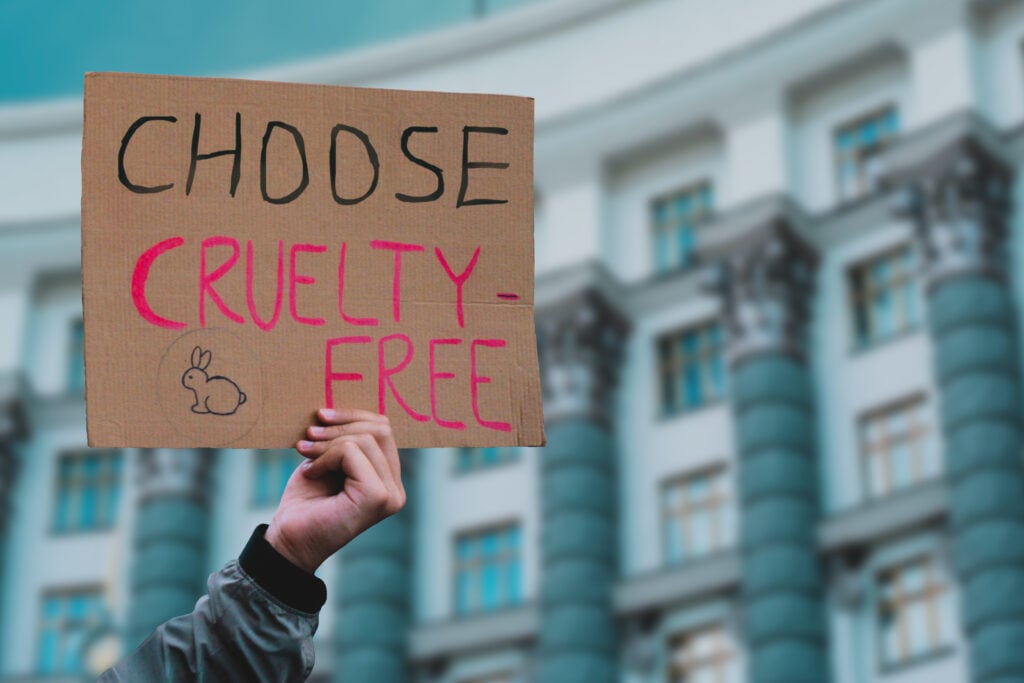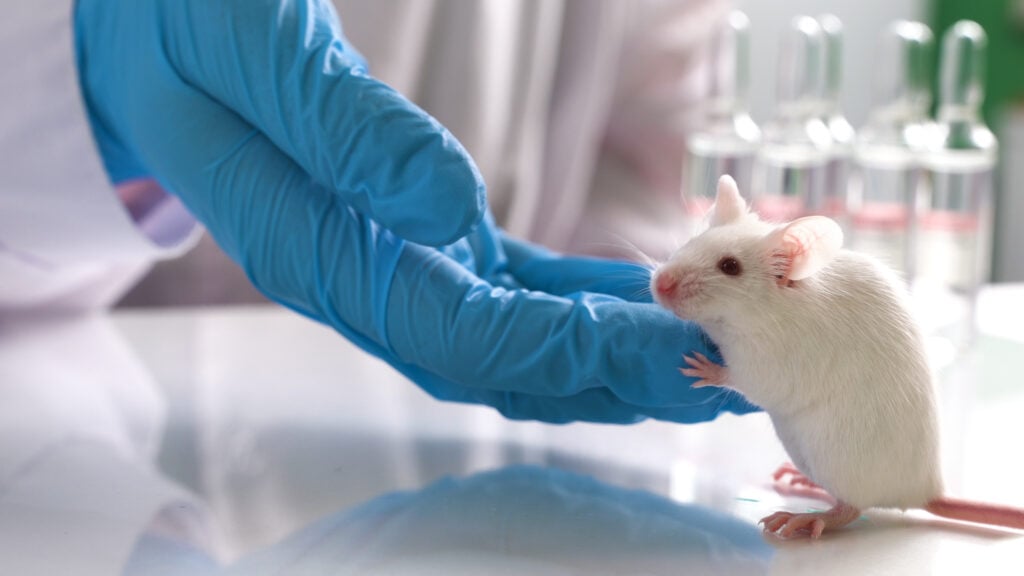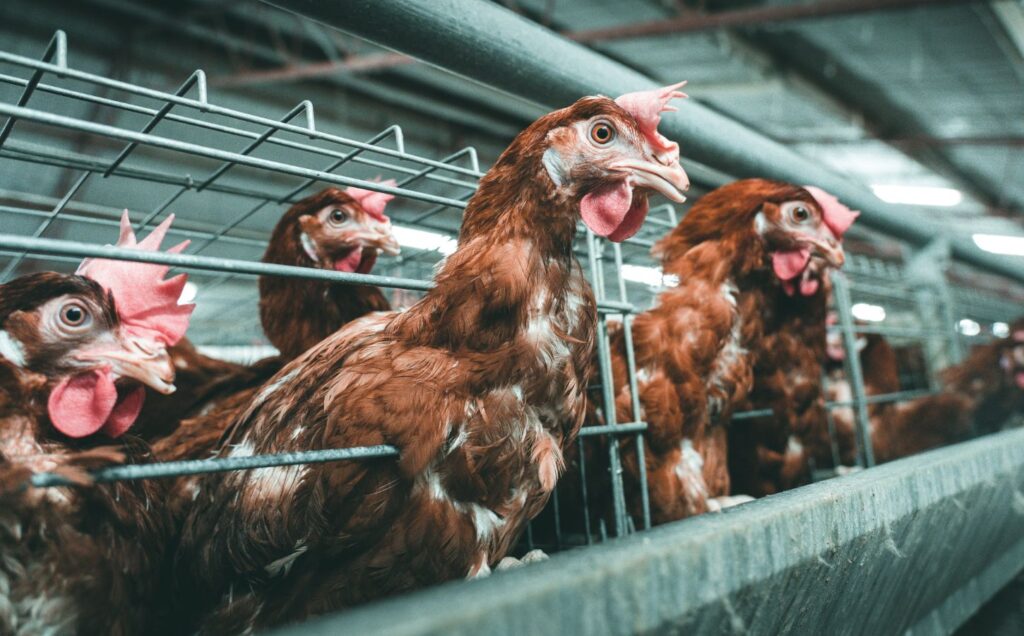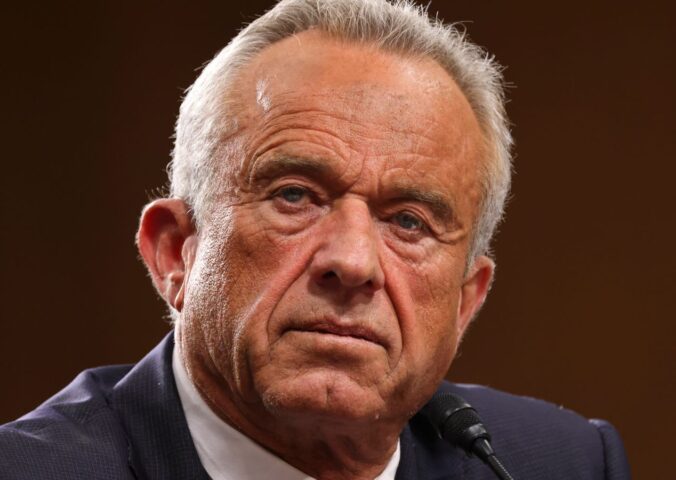Multiple animal protection laws risk being dropped following Brexit, the UK’s exit from the EU, campaigners have said.
The warning comes from the RSPCA. The charity is concerned that 44 pieces of EU animal welfare legislation could be scrapped if they aren’t written into British law by the end of 2023. Domestic, farm, wild, and laboratory animals could all be affected.
This is due to the proposed Retained EU Law Bill. Currently passing through the House of Commons, the Bill requires ministers to actively save pieces of legislation in order to keep them as part of UK law.
This includes laws on battery cages for hens, which have been banned since 2012. Bans on testing cosmetics on animals, and routinely using antibiotics to promote growth in farm animals, are also at risk. Should they not be specifically saved, they will be dropped and no longer enforceable.
“If the Bill passes, the clock will start ticking on animal-welfare standards in the UK,” David Bowles, head of public affairs at the RSPCA said in a statement.
“If inertia or a lack of commitment from the new administration results in the time running out before the filtering process of those 44 key pieces of animal-welfare legislation can take place, those laws will automatically vanish into thin air.”

The RSPCA calls for government action
To prevent animals from facing increased threats within the UK, the RSPCA is lobbying the government. It wants to see the Retained EU Law Bill dropped entirely. If this is not possible, however, the organization hopes to push for an extended deadline. It proposes 2026 as the threshold for assessing animal protection laws.
Aside from pressing ministers for more time, the RSPCA hopes to incite higher levels of transparency regarding animal welfare laws. It states that full disclosure of which laws are safe, debated, and deleted should be a priority.
“We have some of the highest animal welfare standards in the world and we are continuing to explore ways to enhance our position as a global leader,” a government spokesperson said in a statement.
“In reviewing our retained EU law, we want to ensure that laws are fit for purpose and able to drive improvements, allowing us to take a modern approach to making regulations.”
Despite claiming to prioritize animal welfare, the government’s recent autumn budget statement appears to paint a different picture.

The Department for Environment, Food and Rural Affairs (Defra) is facing a spending cut of around £500 million. The move has drawn criticism from other political parties. The Liberal Democrats are particularly worried that budget cuts will impact Defra’s ability to tackle issues such as sewage spills. The RSPCA has similarly voiced concern that Defra’s efficiency will be impacted, resulting in animal welfare laws from the EU not being adopted in the UK.
The UK is already failing animals
Concern about potentially scrapped EU animal protection laws is the latest blow to Britain’s animal rights campaigners.
A bill that would have seen the end of foie fras and fur imports was scrapped this year by former prime minister Liz Truss. Consequently, bans on live animal exports for slaughter and hunting trophy imports were also feared to be axed.
All have been identified as offering significant post-Brexit commercial opportunities, thereby placing revenue above animal rights.
A new study has laid bare the extent of the farm welfare problem in the UK. It revealed that less than three percent of all British farms are inspected each year. Despite the UK continuously labeling itself a world leader in animal welfare, this claim has rarely been upheld.






